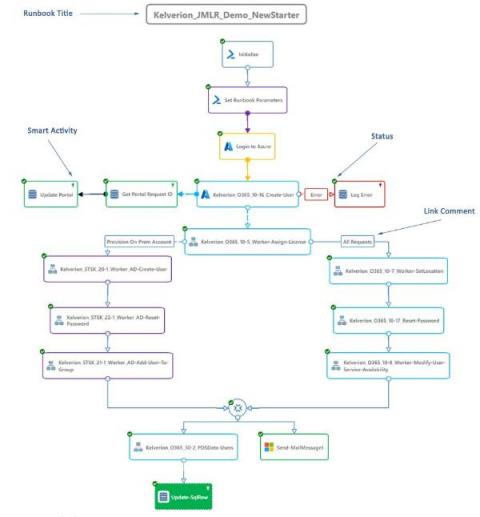Operations | Monitoring | ITSM | DevOps | Cloud
Latest News
An intro to real-time Linux with Ubuntu
A real-time system responds to events within a specified deadline. If the timing constraints of the system are unmet, failure has occurred. In the kernel context, real-time denotes a deterministic response to an external event, aiming to minimize the response time guarantee.
Calling all Reliability Practitioners: Participate in the 2022 SRE Survey
For the past four years, Catchpoint and various partners have been running a yearly SRE Survey. This year, Blameless is excited to partner with Catchpoint for the fifth annual survey. We want to hear from you if you are in a DevOps or SRE role or even if you work on reliability with some other title or role. There are tremendous, valuable learnings when we listen closely to practitioners.
5 Simple Steps To Migrate From Heroku to AWS
Your First Shipa Canary Deployment(s)
Lineage to the saying “canary in a coal mine”, the canary deployment/release methodology is an incremental release focused on safety. If the canary does not pass, the deployment does not continue or is rolled back. Taking a jog down memory lane, like Kubernetes the Hard Way, a few years ago a canary deployment in Kubernetes was quite the undertaking.
Calling all Reliability Practitioners: Participate in the SRE Survey 2022
Software Bill of Materials: A Key Ingredient for Healthy Software
The software bill of materials, often referred to as an SBoM or BOM, has gained a tremendous amount of popularity in the past year and a half. It’s mentioned in the US White House’s 14028 Executive Order and is referenced in innumerable secure software supply chain articles. While the SBoM has been around for many years, awareness and adoption seems to be hitting an inflection point.
Receiving PagerDuty alerts from MetricFire
One of the most critical aspects of monitoring your digital assets is getting a timely alert when something goes wrong. Even when you finish building a monitoring stack and expose metrics on a beautifully designed dashboard if you cannot notice abnormal behaviors and fail to take pre-emptive or follow-up actions swiftly, this means your monitoring system does not serve the purpose.
Extending Automation Actions Across the PagerDuty Platform
It’s day one of PagerDuty Summit, and we are looking forward to a full day of expert presenters, actionable content, and educational sessions to boost your PagerDuty IQ and show you new ways to improve your team’s operational excellence.
Improved Design Interface. Less Code. Runbook Studio 5.0 Makes Runbook Automation a Cinch
Kelverion Runbook Studio V5.0 makes it even easier for organizations to automate IT service desk requests and reduce IT burden. In its fifth iteration, The Runbook Studio has undergone a significant design overhaul. The Studio’s technical capabilities have always been exceptional and now it has a user interface to match. On top of that, this version takes Kelverion’s low code/no-code design environment to the next level.











